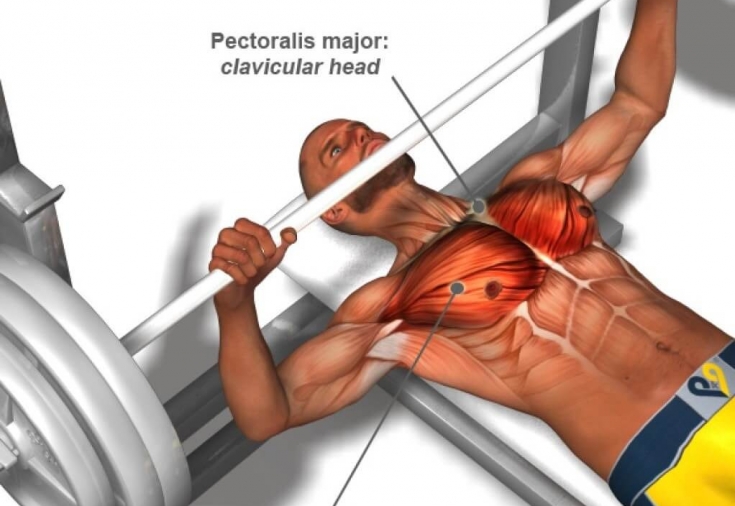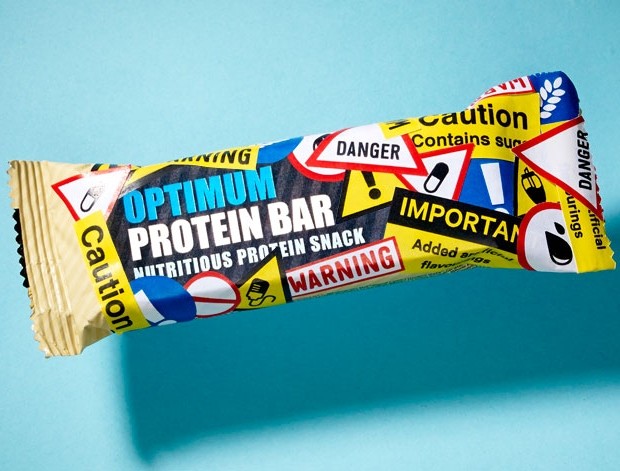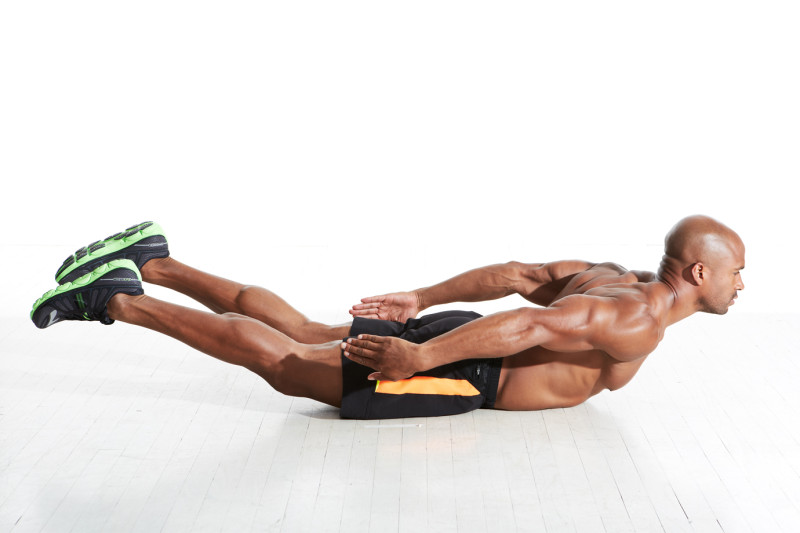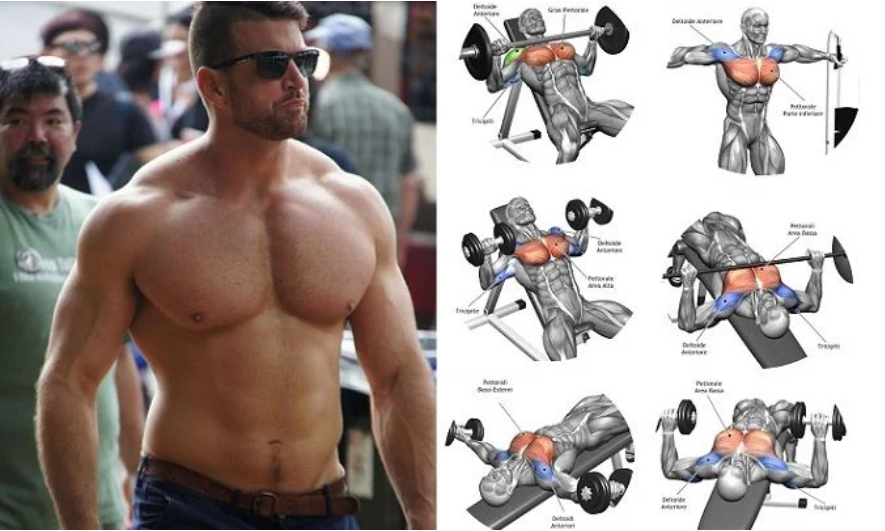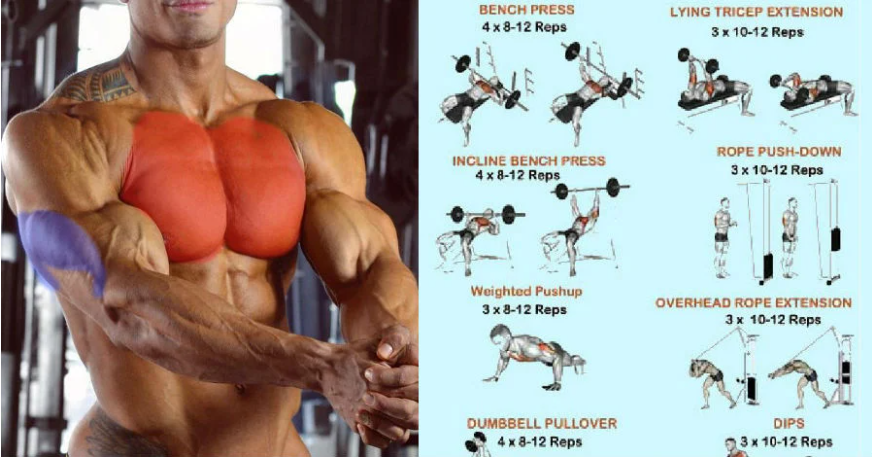WODS, Muprhs, Cindys — what does it mean and why are people joining the movement?
Sweaty WODs, gruelling AMRAP, burning MetCons, Murphs, kipping, boxes and more — there's plenty to get confused about when it comes to deciphering the deceptively large world of CrossFit.
Having conquered America's fitness scene — for some, its mystery being comparable with that of Scientology — it's now making significant waves on UK shores and, chances are, you're not far from the buzz yourself. But how has it got to this point? How has the classic gym-bro been eviscerated by Cindys, Murphs and MetCons? And what on earth is a WOD? Handily, we have the answers.

Touching Down
When CrossFit reared its head into the world of health and fitness, turbulence soon followed. And some were not happy. "CrossFit has disrupted the fitness industry, so resistance is to be expected," says James McShane, a senior coach at CrossFit Perpetua, one of London's leading CrossFit 'boxes'. "The majority of the criticism comes from people who have never tried it. That said, the community has come a long way in the last decade, moving from a mantra of everything being 'heavier, harder, faster' to one more in line with methodology."
It's this 'methodology' that was misconstrued from the get-go, according to McShane. Over the last decade, CrossFit's followers have evolved from a 'harder, faster stronger' headspace to one that's more focused on "mechanics, consistency, then, and ONLY then, intensity," says McShane.
Perhaps it's worth looking at the advantages of a CrossFit workout, especially when compared with the archetypal weekly bro-split — chest and triceps, back and biceps, shoulders, legs — seen in most training programmes.
In fact, CrossFit's approach to individuality is focused on measurable results — and we're not talking about tape measures around your biceps. Instead, weekly, monthly and yearly check-ins help assess an individual's fitness (shaving 20secs off a 1000m row, for example) making sure things are progressing.

Mind Games
For McShane, CrossFit's appeal in this regard is three-fold. By focusing on three key areas, he breaks down why CrossFit is so popular in the UK.
"Everything is observable, measurable, repeatable. Each workout serves as a test, and improvements in times, loads and skill are all measures of progress," he says. "The range of movements and stimuli provided by the programme means it's constantly varied. From light to heavy, short sprints to longer endurance efforts, the body is evolved to adapt to any physical demand."
CrossFit's community is respected worldwide, with athletes and amateurs alike attesting to making lifelong relationships through the sport. In fact, this is the backbone of the sport, according to CrossFit CEO Greg Glassman: "We all give more of ourselves in the presence of others. Always, always."
That said, a chummy friendship won't steer you through a vomit-inducing WOD (workout of the day, if you're wondering), but instead, a friendly rivalry.
"I'm long past counting the number of people who have professed to not being competitive, only to unleash an intensity unknown to even themselves upon the workout clock starting," says McShane. "There's nothing like having a score on the board and a friendly rival in the room to elicit intensity, and there is nothing that elicits adaptation like intensity."

It Hurts, And It Works
According to an Ohio State University Study, CrossFit works. Analysing varying levels of aerobic fitness and body composition before and after a 10-week CrossFit programme, results showed "significant improvements" in VO2 max levels and a significantly lower body fat percentage.
“Of course, a lot of people want to look good… CrossFit definitely ticks the box of the lean and strong look," says Tom Parker, Head Coach at Reebok CrossFit Reading, who's been a regular feature in UK CrossFit leaderboards, with over 12 years of industry experience.
"CrossFit represents a departure from their comfort zone," continues McShane. "Anybody can try it, but it takes a particular type of person to thrive in that environment."
Call it elitism, call it dedication, call it what you want — CrossFit is in the UK and it's here to stay. What are you going to do about it?



